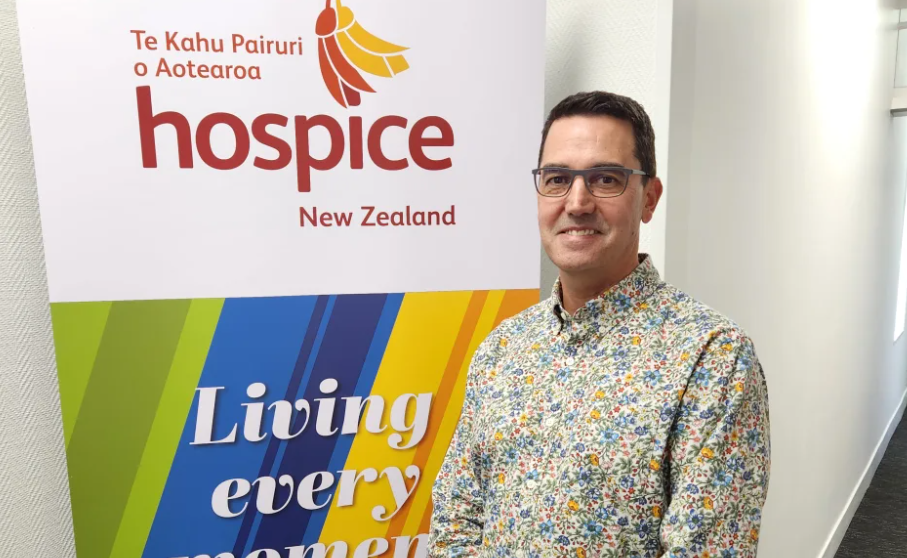
A collection of reviews from people who are dying has revealed they are treated the best at restaurants and events, and the poorest by government agencies.
The Hospice New Zealand initiative, 'Dying Reviews' invited people who were terminally ill and their family or carers to reflect on their experiences across 14 sectors - from energy providers and insurance companies to employers and gyms, as well as hospitals and rest homes.
One five-star review read: "I was treated with kindness and empathy. They made a very difficult situation feel a little bit easier."
But another read: "They told my dying husband to come in and sign a form. It was the last time he left the house."
Nearly 400 people took part, leaving about 500 reviews.
The national score was 3.28 out of 5. Government agencies received the lowest rating of 2.5, while restaurants and events were on top with 4.55.
Hospice New Zealand chief executive Wayne Naylor said the idea was to highlight where vulnerable people were treated with compassion, and where that needed improvement, to foster change.
"What this tells us is that while some individuals and organisations are leading with empathy, many systems are still designed for business-as-usual," he said.
"Dying is often anything but that."
Empathy makes all the difference - report
The restaurants, cinemas and events sector was the most consistently positive - waiving costs, making special arrangements and showing respect during difficult times, the report said.
One reviewer recalled taking their family member out for a birthday dinner a few days before he died.
"He desperately wanted spring rolls. The restaurant didn't flinch when he arrived in pj bottoms, a beanie and sweatshirt with slippers.
"He was so unwell he could barely stand and it was such an effort changing him we took him out 'as is'. They were amazing and we actually got the spring rolls for free."
But some respondents described feeling unseen, unsupported or forced to fight bureaucracy when they were at their most vulnerable.
The report said many standard procedures, like closing accounts, did not have the complexities of dying in mind - leading to confusion, delay or distress.
In the lowest-scoring sector - government departments - the report said "compassionate, proactive case managers made a huge difference, particularly when they helped families navigate financial support and housing needs."
But it said many found the systems exhausting to deal with, citing long wait times, confusing criteria and the emotional toll of repeatedly proving their terminal illness.
"There is a clear need for more consistent case management, shared information between departments and a simplified, humane process for notifying multiple agencies of a death."
One person said they were told they were ineligible for a benefit or allowance because it was for people with a serious illness.
"By this point I had already mentioned that I have an incurable diagnosis ... so I asked, 'What's more serious than a terminal diagnosis?'," the review said.
Memberships and subscriptions scored equally as low, reflecting "the hidden emotional toll of everyday admin", the report said.
Sector rankings
• Restaurants/events: 4.55
• Clubs/community groups: 4.10
• Shopping/pharmacy: 4.08
• Education: 4.00
• Workplaces: 3.63
• Travel/public transport: 3.58
• Legal/accounting: 3.43
• Rest homes/retirement villages: 3.33
• Insurance: 3.16
• Utilities/payments: 3.12
• Banking: 2.93
• Healthcare: 2.77
• Government agencies: 2.50
• Memberships/subscriptions: 2.50













